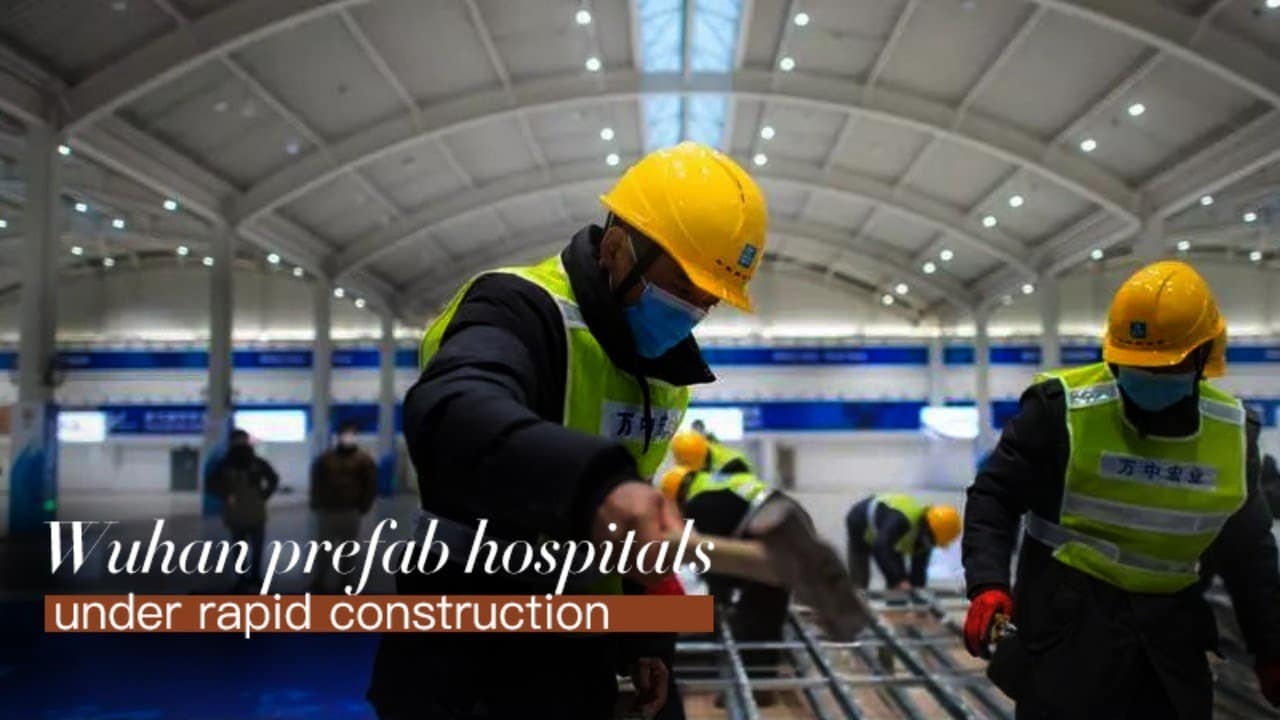How has China succeeded in constructing hospitals in under ten days? How does a country with a much smaller scale like New Zealand compare to that of China? Read our interview with Scott Fisher, CEO of PrefabNZ, to find out.
As the coronavirus spreads throughout China and the rest of the word, notably in Europe, ArchiExpo e-Magazine concentrates on prefab architecture and how it responds to the crisis. In this interview, we speak to the CEO of New Zealand-based firm PrefabNZ Scott Fisher who offers his expert opinion on where prefab construction is today for New Zealand and why China’s ahead of the game.
ArchiExpo e-Magazine: Why has prefab construction gotten more interesting these last five to ten years when, historically, it’s been around a lot longer?
Scott Fisher: Prefab construction isn’t new. Certain companies in New Zealand have been constructing prefab buildings for over 50 years—longer in other countries—, but technology has advanced a lot since then. Technology has interrupted many industries, including the construction sector. It’s happening on a global level but it’s only picked up in New Zealand over the last five years. A prime example is the fact that Amazon and other companies have been looking at the property and construction sector. Where large capital sits, disruption inevitably follows.
ArchiExpo e-Magazine: What has helped prefab construction gain support?
Scott Fisher: Since the industry has progressed over the last ten years—thanks to technology, awareness and housing issues, all of which question the construction industry—, countries around the world have begun to adapt their policies for traditional building. Prefab construction is in its early days in New Zealand, only really prevalent over the last ten years. The benefits go without saying—better quality, quicker builds, safer workforce environment, waste reduction. At PrefabNZ, we have an advocacy to make sure policies support the process for prefab construction. We educate, motivate and share information with architects, engineers, construction companies and traditional builders.

https://www.youtube.com/watch?v=VrIKdDCNNKY
ArchiExpo e-Magazine: Can you comment on the prefab hospitals recently constructed in China in response to the coronavirus outbreak?
Scott Fisher: The country the size of China has the scale to be able to do this kind of project—scale is important because it drives efficiencies and decreases cost. It could be possible in a country with a lower scale since the principles would be the same, but China has a lead in industry and infrastructure innovations; the government also has the necessary controls and policies that allow them to do this type of prefab project really quickly.
It’s amazing what we can do in extreme situations. The urgency in China with coronavirus made constructing quickly important. Take away the emergency and I don’t think construction companies would want to go at that speed, especially for a hotel or an apartment. It’s also important to ask ‘What’s the purpose of the hospitals post-coronavirus?’. What will happen to these hospitals after the crisis has been resolved? It might be premature to imagine a prefab, modular hospital that can be disassembled and relocated to a new city suffering from a health emergency. It’s something to consider, though, for future applications—a modular hospital that can travel and be used as a permanent facility when required. In any case, the life cycle of the hospital needs to be thought through.
Similar to Japan and California, New Zealand has unique environmental challenges—seismic, folk line, earthquakes. This makes NZ the perfect melting pot for reflection and collaboration. PrefabNZ is hosting a global stage event in June with guest speakers from cities like NYC. Visit this website to learn more about the CoLab 2020 event.












